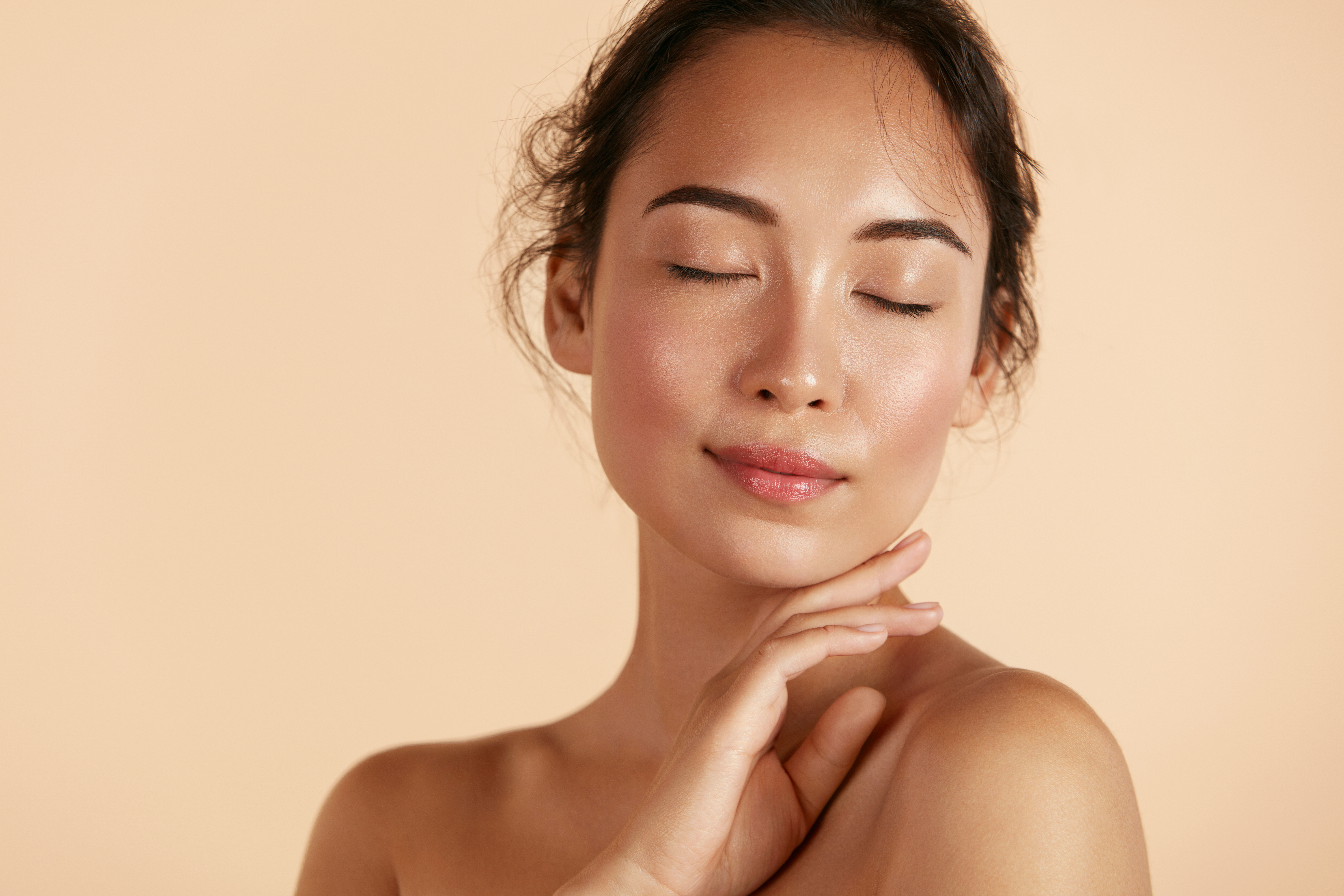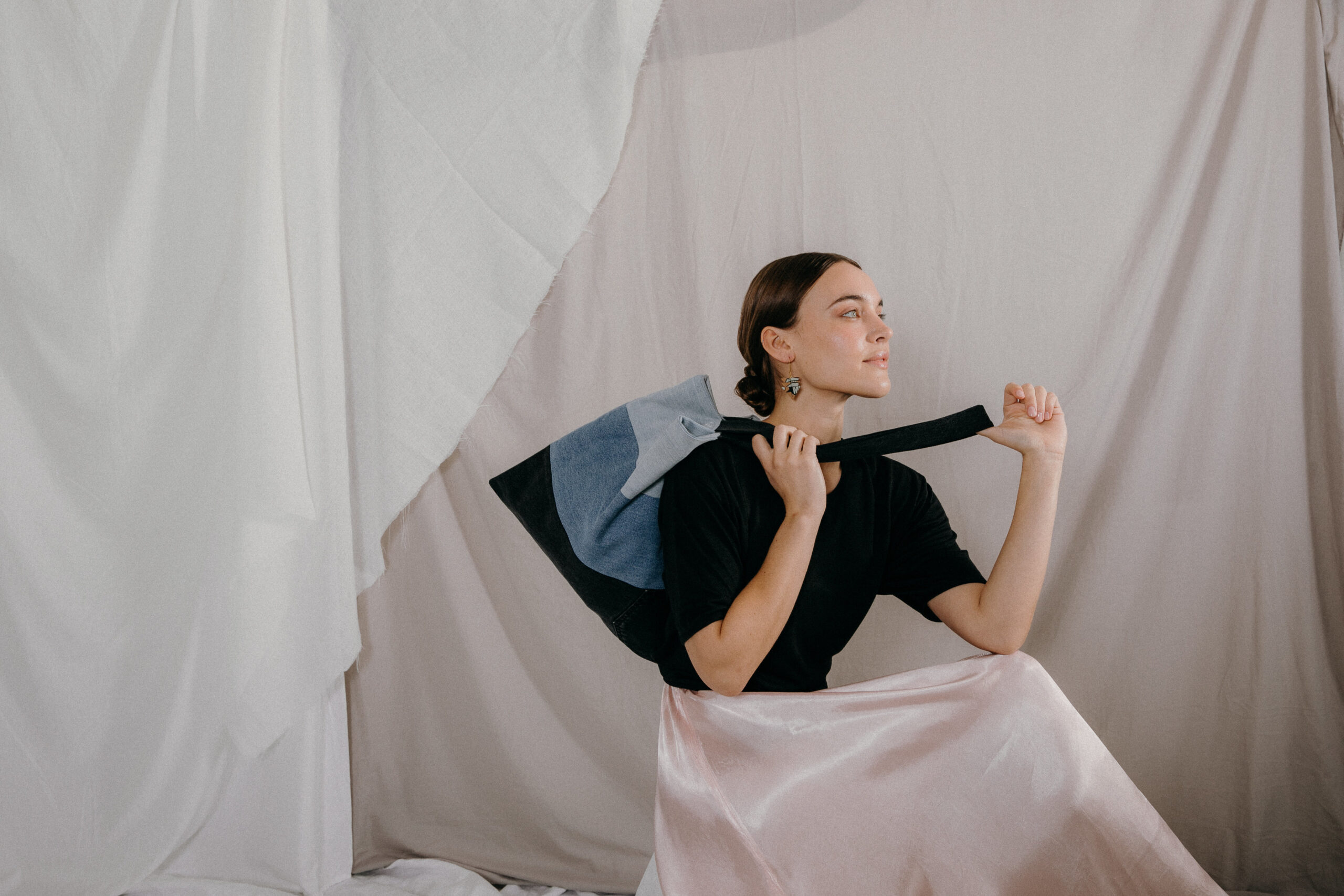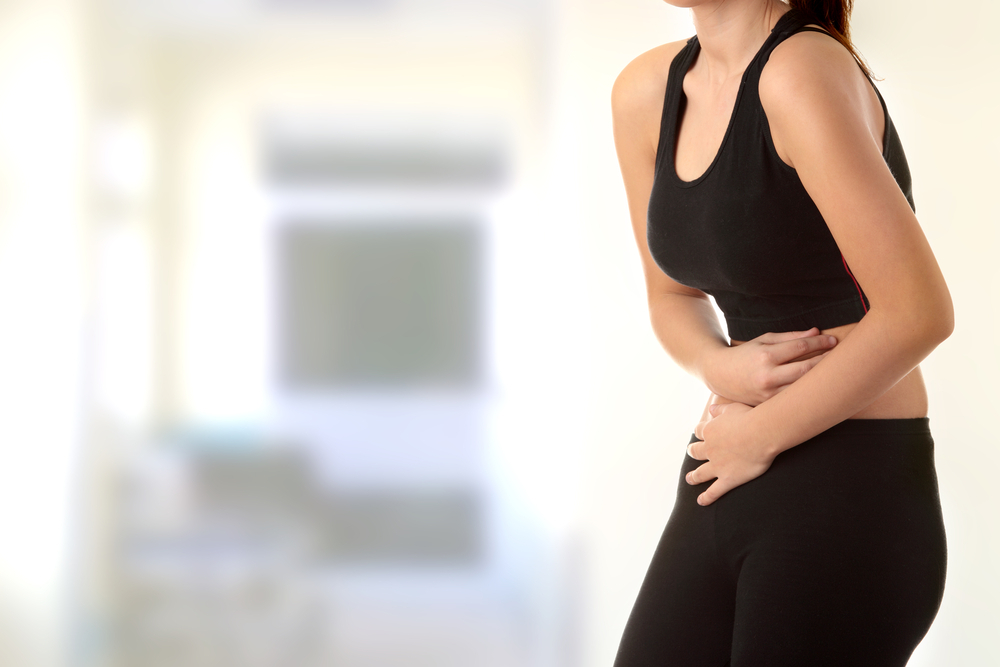Good’s round-up of the top trends in skincare and everything you need to know to choose for your skin and the planet.
The beauty industry can be bamboozling at the best of times. It continuously churns out new lotions and potions with performance claims that can be mostly attributed to tests done in a Petri dish. Do they really work? And what about all the packaging?
Currently, a whooping 120 billion units of waste are produced every year by the beauty industry. That’s the bad news – but the good news is that there is a global shift afoot which has been led on many counts by New Zealand brands including Emma Lewisham, Aleph Beauty, Kester Black, Ethique and Linden Leaves. It’s also heartening to see big brands like Clarins and Dermalogica taking steps to catch up.
Here’s a guide to help you make better choices for your skin and the environment.
Recycle and recycled
Not all plastic is equal or recyclable, so look for the number on the product. If there isn’t a number, that’s not a good sign. Plus, only 1 and 2 plastics can be recycled in New Zealand.
Living Nature has just upgraded the bottles in its core skincare range to plastic grade 1 which is fantastic.
Essano uses recycled plastic for all its bottles and tubes which can be recycled again, while its pottles are made of glass.
Linden Leaves has also moved to glass packaging for its NATRUE-certified skincare line.
A solid solution
Avoid packaging altogether and choose solid skincare. Quench – a lightweight solid face moisturiser – is Ethique’s latest skincare innovation and promotes smooth, hydrated and healthy-looking skin. It brings together powerful ingredients such as hyaluronic acid, niacinamide, vitamin B5 and jojoba oil to moisturise your skin deeply, and comes in a home-compostable tube.
Closed loop
Can’t give up on your luxury cold cream in a jar or that wonder serum? Don’t despair. Sustainable luxury brand Emma Lewisham has got you covered. All Emma Lewisham products are now refillable and 100 per cent designed to fit within a circular system. Return your Emma Lewisham empties and they will be cleaned and reused again and again. The same goes for New Zealand make-up brand Aleph Beauty, through its Re Aleph programme.
Refills
These are definitely a piece in the puzzle of reducing waste produced by the skincare industry. Au Natural Skinfood in Christchurch pioneered refills in New Zealand and Emma Lewisham offers refills too. More recently, Dermalogica joined the fray with a refill for its new Daily Microfoliant and has committed to reducing its waste with 90 per cent of all Dermalogica packaging moving towards being recyclable or biodegradable by 2025.
Waterless
Water is used as a filler ingredient in most beauty products, but with global pressure on this precious resource, as well as it being heavy to transport, waterless products are on the rise, offering the benefit of undiluted ingredients. Waterless brands we love include Margaret Hema, Ethique, Biologi and Dust & Glow, which has just released a powder-based conditioner formulated with spirulina, soy protein and a pre-and probiotic complex for a happy scalp and detangled hair. Just add water to the powder in the shower, lather in your hands, massage into your locks and rinse.
Upcycled ingredients
Increasingly, brands are using upcycled ingredients in their formulas. For example, Jeuneora SupearlNova face scrub contains crushed pearls, a by-product
of the jewellery industry: the pearls are imperfect in some way so they can’t be used in jewellery. Rather than let them go to waste, they’re used to create crushed pearl powder.
Single-ingredient formulas
Biologi uses a plant-to-bottle process that doesn’t dilute, alter, synthesise or manipulate the plant extract in any way. Each of its plant serums use an extract from a single plant – Kakadu Plum, Davidson Plum and Finger Lime. No fragrances, harmful chemicals or even water – just active plant serums that are organic, wild-harvested, sustainable and effective!
Ethically sourced ingredients
The provenance of ingredients, as well as how they are sourced and the fair treatment of workers, is a key thing to look for.
Celebrating 100 years this year, we love that Weleda grows its own medicinal plants in eight biodynamic gardens around the world, including one in our own
Havelock North!
Together the gardens contribute several hundred raw plant materials and are combined with ingredients from more than 50 long-term raw materials partnerships around the world. Weleda also recently achieved B Corp status, meaning the company meets the highest standards of social sustainability and environmental performance, public transparency, and legal accountability to balance profit and purpose.
L’Occitane also gets a big tick for being ethically sustainable. With the aim of gaining greater emancipation for women in Burkina Faso, the Sustainable Ingredients department at L’Occitane has worked to establish an increasingly fair-trade supply chain. Since 2009, the supply chain has been 100 per cent certified Fair Trade.
Organic and no nasties
We’ve been talking about the health of the planet but what about yours? Nobody wants to be rubbing synthetic ingredients into their skin if they can help it and the past decade has seen the demand for natural and organic soar.
Not all products are equal though and because the beauty industry is not regulated in New Zealand, make sure to read the labels and check product certifications. If in doubt, Healthpost has a robust “red list” of ingredients that it won’t let into its supply chain that you can read online.
Microbiome-friendly skincare
A less-is-more approach, skincare with probiotics and fermented ingredients are all said to help restore and maintain the delicate balance of our skin’s microbiome and help with “maskne” irritation and skin breakouts.
This is when your pores may become clogged due to sweat and oil build-up under your face mask (the Covid protection kind), with your breath creating further humidity, which can lead to an overgrowth in bacteria. Certain mask material types may also aggravate skin due to constant friction causing irritation and dry patches.
This is where Unconditional Skincare Co. Live Probiotic Hydration Serum steps in. It’s a unique hydration serum enriched with a powerful live probiotic that works with your skin to actively balance your microbiome. This Live Probiotic Hydration Serum, powered by BLIS Q24®, partners with your skin exactly as it is to balance, hydrate and restore it to its natural condition.
Trilogy has also just launched a Microbiome Complexion Renew Serum packed with topical postbiotics. Postbiotics are the by-products created when prebiotics and probiotics combine.
Antipodes Culture Probiotic Night Recovery Water Cream is an elixir for stressed skin. It contains good bacteria, hydrating hyaluronic acid and mamaku black fern.
And don’t forget Tailor Skincare’s award-winning Renew Probiotic Serum, which reduces sensitivity and helps to clear blemishes.
The eyes have it
With masks here to stay for a while, it’s all about the eyes this summer.
Make a statement with a pop of colour along the lashline and a lick of black mascara.
Aleph Beauty has just launched its first mascara, which has us stupidly excited. Why? Because traditionally it has been impossible to produce a deep black mascara free from toxic carbon – until now, that is. Aleph Lift/Lengthen Mascara uses a specially developed coated natural pigment, allowing it to deliver intensified depth, as well as giving it a luxurious silky-smooth finish. Not only does it deliver dreamy-looking lashes but the nourishing peptide blend is good for them. And it comes in a reusable and recyclable glass vial, so you can rest easy knowing your mascara isn’t hurting the earth! An absolute beauty gamechanger.
Home spa
With increased time spent in lockdown, at home mask treatments are on the rise. At Good, we don’t love the throwaway aspect of single-use beauty face masks – so instead, why not make your own?
Here’s a primo recipe shared with us by the experts at Egmont Honey.
Mix 1 teaspoon manuka honey, ½ teaspoon of cinnamon, 2 tablespoons of freshly squeezed orange juice and 1 teaspoon of coconut oil together well
and apply evenly all over your face.
Leave it on for 15-20 minutes, then gently remove with a damp face cloth for a glowing, radiant look. Your skin will thank you for it!
Blue light radiation protection
Research on how blue light (High Energy Visible Light or HEVL) affects skin is still ongoing, but it’s believed to contribute to brown spots on the skin and hyperpigmentation such as melasma. It’s also thought to possibly contribute to photoaging and the breakdown of collagen, which keeps your skin plump and healthy-looking.
Many of us spend around 50 per cent of our lives staring at screens – computers, mobile phones and other digital devices. Aleph’s Prep/Finish Powder contains soy and rice extracts to help create an invisible barrier to protect skin from blue light and environmental stressors.
Sun protection
Two of the best things you can do for your skin when outdoors this summer is to wear sunscreen and a hat with a decent brim on it.
Each year, New Zealanders purchase more than one million sunscreen items in plastic from supermarkets!
Northland company Goodbye is bidding goodbye to plastic this summer. Its certified natural, water-free formulation, high-performance sunscreen is now in a refillable system. Its high-grade aluminium containers are available separately in both a compact 15-gram tin that fits snugly into your purse, pocket or bag for daily use, and a larger 70-gram tin to keep at home for top-ups.
It means no more shaking, squeezing and splattering to get the last squirt from a tube that will then be headed straight for landfill – so it’s both convenient and planet-conscious.
Goodbye’s sunscreen is also full of antioxidant-rich ingredients to support your skin’s health, including sensitive areas like lips and eyelids. And because the formulation is water-free, it stays put regardless of sweat or water contact!
Booster treatments
Used in addition to your existing skincare regime, boosters provide an extra boost when your skin needs it and are designed to be used in a short timespan of typically 2-4 weeks. Trilogy Vitamin C Booster Treatment is one of our faves.
Quick guide to beauty certs
- NATRUE – NATRUE’s certified products are made up only of 100 percent natural, derived natural and nature-identical substances. Containing no synthetic fregrances and colours, no petroleum-derived products, no silicon oils or derivatives, no genetically modified ingredients, no irradiation of end product and botanical ingredients, and that products are not tested on animals.
- BioGro – This means an ingredient is certified organic. BioGro’s precise technical requirments guide organic farming and production. Only when these requirements are met does a producer receieve BioGro certification.
- Demeter – A world-wide certification sysrem ysed to verify to the consumer that food or product has been produced by biodynamic methods.
- B Corp – The only certification that measures a company’s entire social and enviromental performance.
- Cruelty-free – The Leaping Bunny programme is regarded as the global gold standard for cruelty-free cosmetics, personal care and household products. It requires supply chain checking for animal testing right down to the ingredient manufacturer level, as well as acceptance of ongoing independent audits.
- Vegan – These are few vegan certs around. When you see the Vegan Certified NZVS trademark, you can be confident that the item is free from animal products. VegSoc (the Vegetarian Society of the United Kingdom) checks ingredients to ensure they are sustainable for vegetarians/vegans. This includes checking the source of the ingredients with suppliers.
- Fairtrade – The Fairtrade network brings together nearly two million farmers and workers across the planet. The Fairtrade mark guarantees that trade was fair at every step of the supply chain, prioritising people and the planet.
- Peta-Approved Vegan – Companies listed have either signed PETA’s statement of assurance or provided a statement verifying that they do not conduct or commission any animal tests on ingredients, formulations or finished prodycts, and that they pledge not to do so in the future. PETA also conducts random testing on “PETA-Approved Vegan” certifed items as an added measure of validity.
- Toitū Envirocare – Certification from Toitū Envirocare is proof that a business is taking action on climate change by reducing carbon emissions. Programmes include Carbonreduce, Carbonzero and Climate Positive.
- UEBT Certified – The Union for Ethical BioTrade provides a globally recognised certification system ensuring the ethical sourcing of natural ingredients.
- COSMOS – The COSMOS standard is managed by a not-for-profit, international, infependent association and defines criteria that companies must meet to assure consumers that their products are genuinely organic or natural, produced using the highest feasuble sustainability practices.







